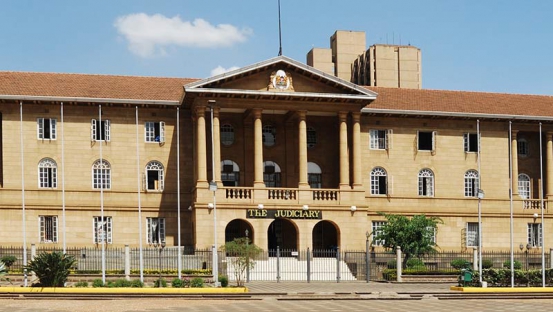×
The Standard e-Paper
Kenya’s Boldest Voice

Recording a crime or listing the names of suspects in a police occurrence book (OB) is not a legal requirement, the court of appeal has ruled.
Judges Erastus Githinji, Wanjiru Karanja and Patrick Kiage ruled that the book, which is the first entry in recording crime in a police station, does not have a legal effect, meaning that what is recorded in it is not evidence of commission of an offence.